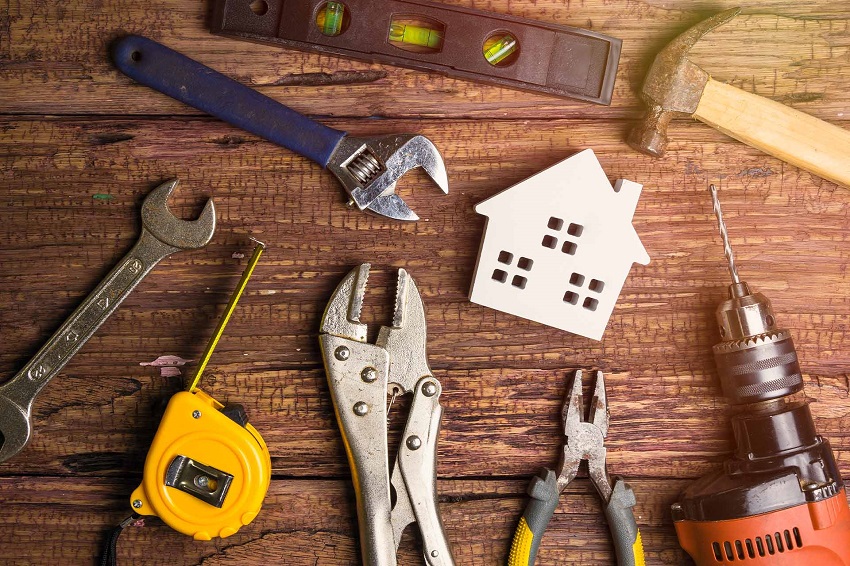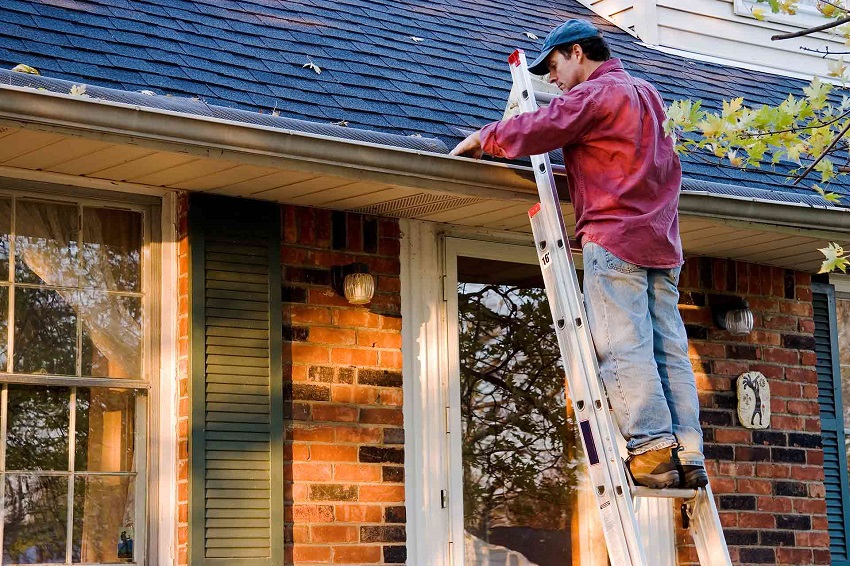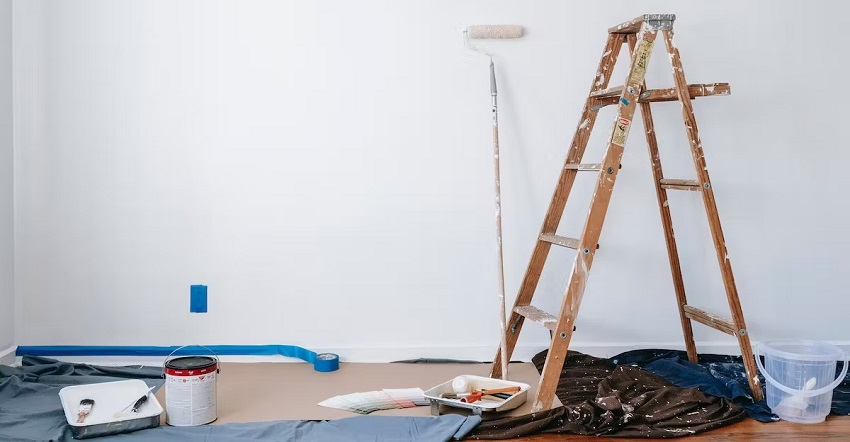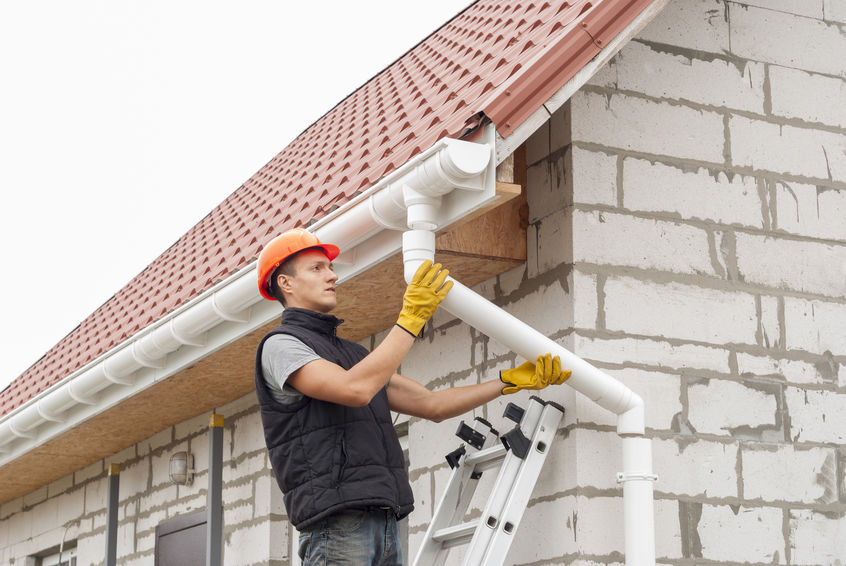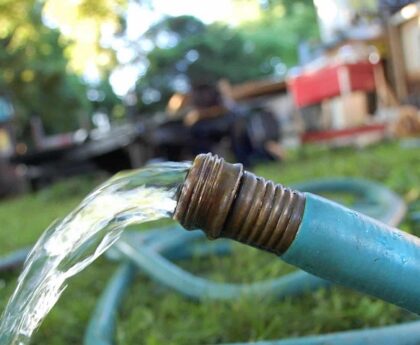Owning a rental property can be a lucrative investment, but it also comes with its fair share of responsibilities. One essential aspect of managing rental properties is maintenance. Properly maintaining your rental property ensures longevity, attracts quality tenants, and safeguards your investment. In this article, we will explore the average maintenance cost for rental property and provide insights on reducing these expenses.
What is a Rental Property?
Before diving into maintenance costs, let’s define a rental property. A rental property refers to a real estate asset owned by an individual or a company and rented out to tenants in exchange for a monthly rental fee. Rental properties can include houses, apartments, condos, or commercial spaces.
Importance of Maintenance for Rental Properties
Maintenance plays a vital role in rental property management. Well-maintained properties not only retain their value but also attract and retain high-quality tenants. Regular maintenance ensures that the property remains in good condition, minimizing the risk of costly repairs in the future. Additionally, tenants are more likely to renew their lease and recommend the property to others if they experience a well-maintained living environment.
Factors Influencing Maintenance Costs
Several factors influence the maintenance costs associated with rental properties. Understanding these factors can help property owners effectively plan and budget maintenance expenses. Here are some key factors to consider:
- Age of the property: Older properties generally require more maintenance due to wear and tear.
- Property size: Larger properties tend to have higher maintenance costs as more areas remain.
- Property Location: Geographical factors like climate and accessibility to maintenance services can affect costs.
- Quality of materials and appliances: Higher quality materials and appliances may reduce maintenance needs and costs.
- Tenant turnover rate: Frequent tenant turnover may lead to more maintenance work between tenancies.
Average Maintenance Costs for Rental Properties
While maintenance costs can vary widely depending on various factors, it’s helpful to have a general idea of the average expenses involved. On average, maintenance costs for rental properties range from 1% to 4% of the property’s value per year. For example, if your rental property is worth $300,000, you can estimate annual maintenance costs between $3,000 and $12,000.
Types of Maintenance Expenses
Maintenance expenses for rental properties can be categorized into three main types: routine maintenance, emergency repairs, and property management fees.
- Routine Maintenance: Routine maintenance includes regular tasks such as lawn care, cleaning, painting, HVAC system maintenance, and appliance servicing. These expenses are predictable and should be planned for in advance.
- Emergency Repairs: Unexpected issues like a burst pipe, electrical problems, or a leaky roof fall under emergency repairs. These expenses can be more costly and require immediate attention to ensure tenant safety and property preservation.
- Property Management Fees: If you hire a property management company, you may need to pay a fee for their services. Property management fees typically cover maintenance coordination, tenant communication, and rent collection.
Tenant Responsibilities
While property owners are responsible for most maintenance tasks, tenants also have certain responsibilities. These responsibilities are usually outlined in the lease agreement and may include regular cleaning, replacing light bulbs, and promptly reporting any maintenance issues. Clearly defining tenant responsibilities can help reduce maintenance costs and foster a sense of accountability.
Strategies to Reduce Maintenance Costs
As a rental property owner, there are several strategies you can implement to reduce maintenance costs while maintaining the property’s condition. Consider the following tips:
- Conduct regular inspections: Proactively inspect the property to identify maintenance needs before they escalate into major issues.
- Educate tenants: Provide clear instructions to tenants on how to care for the property and promptly report any maintenance issues.
- Budget for maintenance: Set aside a portion of the rental income for maintenance expenses. This ensures you have funds readily available when needed.
- DIY vs. hiring professionals: Assess the complexity of maintenance tasks and consider whether it’s more cost-effective to tackle them yourself or hire professionals.
- Establish relationships with contractors: Build a network of reliable contractors who can provide quality service at reasonable rates. Developing long-term partnerships can lead to cost savings.
Importance of Budgeting for Maintenance
Budgeting for maintenance is crucial to cover the costs of keeping your rental property in good condition. By allocating a specific portion of your rental income for maintenance, you avoid financial strain and are better prepared for unexpected repair needs. Neglecting maintenance due to budget constraints can lead to higher costs in the long run and negatively impact the tenant experience.
Tips for Cost-Effective Maintenance
Here are some additional tips to help you achieve cost-effective maintenance for your rental property:
- Perform preventative maintenance: Regularly maintain and service the property’s systems and appliances to prevent larger issues from arising.
- Compare quotes: When seeking professional help for repairs or maintenance, obtain multiple quotes to ensure you get the best price.
- Prioritize repairs: Address maintenance issues based on urgency and potential impact on tenant comfort and safety.
- Use durable materials: Opt for high-quality and durable materials when renovating or making repairs. This can reduce the frequency of replacements and repairs.
- Encourage tenant communication: Create an open line of communication with tenants and promptly respond to their maintenance requests. This helps address issues in a timely manner and prevents further damage.
Conclusion
Maintaining a rental property is an ongoing responsibility that requires careful planning and budgeting. By understanding the average maintenance costs and implementing cost-effective strategies, you can ensure your rental property remains in good condition while minimizing expenses. Regular maintenance protects your investment and enhances the tenant experience, leading to long-term success in the rental market.

